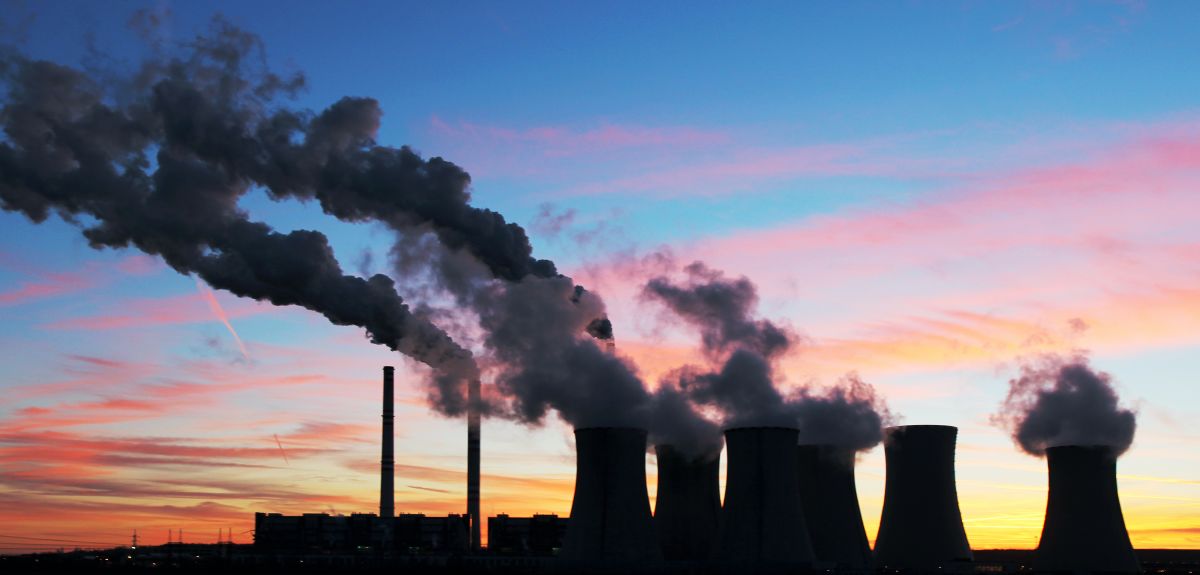DEP’s Environmental Justice Policy Must Better Serve Environmental Justice Communities

Philadelphia, PA (January 30, 2022) The Pennsylvania Department of Environmental Protection (DEP) claims to care about environmental justice. It has a policy in place that it claims ensures the fair treatment and meaningful involvement of all people regardless of race, color, national origin, or income when it comes to environmental policies and protections. This policy was implemented in response to a 2001 report that detailed the significant substantive and procedural problems with permitting that have created inequity in the distribution of environmental harms. Yet time and again, when facing real-world environmental issues, DEP’s commitment to environmental justice comes up short.
As one of the state’s oldest environmental nonprofits, Clean Air Council has a long history of working with DEP. In these interactions, the Council has found the Department unwilling to commit to meaningfully apply its own Environmental Justice Public Participation Policy. Such lack of commitment is only more frustrating because that policy already fails to go nearly far enough to fully address environmental injustice in Pennsylvania. The Policy only provides a modicum of additional public information and participation opportunities when certain new permits are about to be issued, and does nothing to strike at the heart of environmental injustice: it does not give DEP guidance on when to deny or strengthen permits, even where it has the authority to do so.
The Policy, even if properly followed, therefore does little more than inform low-income communities and communities of color about the environmental harms they face. These are often communities that lack the resources to hire experts to fully explain what the potential harm to health, quality of life, and local ecosystems might be. It does nothing to address the historical and continuing injustice these communities face from the cumulative impacts of many sources of pollution over many years.
DEP is currently updating this environmental justice policy. According to StateImpact Pennsylvania, DEP wants the new policy to position DEP as a better resource for environmental justice communities. The public wants that, too. Surveys have shown that Americans consider environmental justice to be a pressing issue in our communities. DEP has launched a process to gather public input to strengthen its EJ Policy, but the Department must then treat that document as more than mere suggestions to be forgotten or outright ignored.
It’s time for the Wolf administration to get serious about environmental justice not just on paper, but in practice. Indeed, many environmental justice communities and their advocates have little trust that a revised policy will be taken any more seriously by DEP leadership. DEP needs to acknowledge the power and resource imbalance between these communities and the polluting industries seeking to externalize costs onto community members, and DEP needs to become an advocate for the community in the face of this imbalance. What EJ communities need and have a right to are concrete environmental justice regulations that must be enforced by either DEP or, failing that, the courts.
The Pennsylvania House Black Caucus introduced a bill back in October that would allow DEP to deny permits for the cumulative or disproportionate impacts they could have on disadvantaged communities. But the Wolf administration does not need to wait for legislative action. As the Council has pointed out to the DEP in comments, current laws like the Air Pollution Control Act grant DEP the power – and the responsibility – to deny permits for the harm they could cause to a community’s health. If the DEP wants to improve its environmental justice policy, it must take that responsibility seriously.
For more information contact Legal Fellow Joseph A. Ingrao, Esq. jingrao@cleanair.org.

